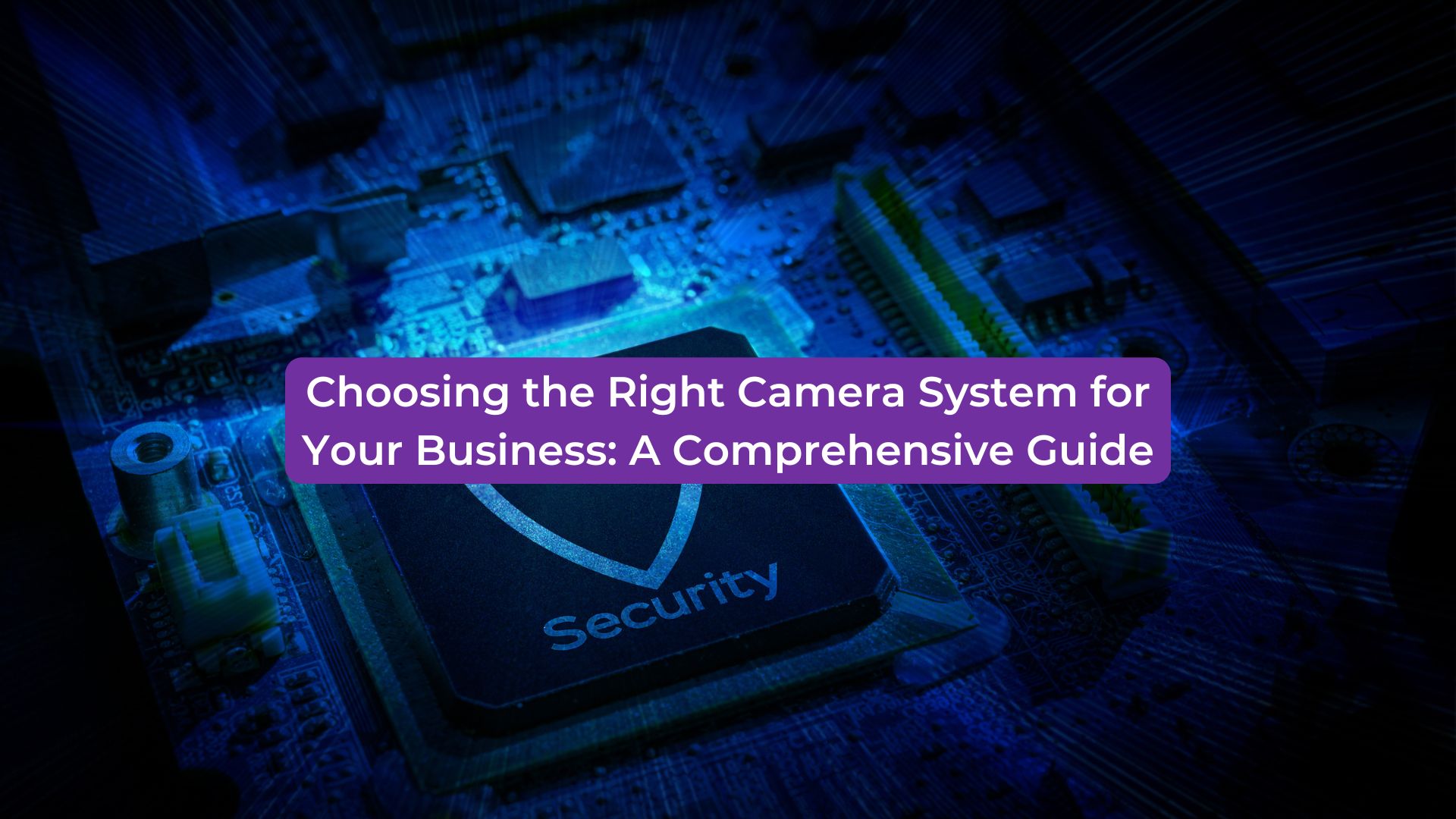
Remote work has shifted from a temporary trend to a permanent reality for many businesses. While it offers flexibility and productivity benefits, it also brings serious security challenges.
Understanding The Importance of Cybersecurity in Remote Work Environments is essential for protecting your company’s data, reputation, and bottom line.
Why Cybersecurity Is a Critical Priority
Before 2020, remote work was limited to a fraction of the workforce. Now, millions of employees access corporate systems from home networks, public Wi-Fi, and mobile devices.
This expanded perimeter creates more entry points for cybercriminals. The Importance of Cybersecurity in Remote Work Environments has grown as phishing, ransomware, and insider threats continue to rise.
The lack of a secure office infrastructure firewalls, on-site IT support, and controlled access means businesses must rethink how they safeguard sensitive information. Without proper measures, a single compromised laptop can jeopardize an entire network.
Key Threats Facing Remote Work Environments
The first step in understanding The Importance of Cybersecurity in Remote Work Environments is recognizing the main threats:
- Phishing and Social Engineering: Employees working from home may be more vulnerable to deceptive emails and fraudulent requests.
- Unsecured Wi-Fi Networks: Public or poorly configured home routers can expose data to interception.
- Unpatched Devices: Personal devices often lack enterprise-grade security or timely updates.
- Weak Authentication: Simple passwords and lack of multi-factor authentication create easy targets.
Each of these vulnerabilities underscores why businesses need a multi-layered cybersecurity strategy tailored to remote operations.
Best Practices for Remote Work Cybersecurity
Addressing The Importance of Cybersecurity in Remote Work Environments requires a combination of technology, policies, and employee training.
- Enforce Strong Authentication
Require multi-factor authentication (MFA) for all remote access. This adds an extra layer of protection beyond passwords. - Use VPNs and Secure Gateways
Virtual Private Networks (VPNs) encrypt data traveling between the employee and company systems, reducing interception risks. - Keep Software and Devices Updated
Regular updates close known vulnerabilities and keep security tools effective. - Provide Employee Training
Employees must recognize phishing attempts, suspicious links, and unsafe practices. Ongoing training reinforces The Importance of Cybersecurity in Remote Work Environments and empowers staff to respond correctly. - Implement Endpoint Security
Install enterprise-level antivirus, firewalls, and intrusion detection on all devices used for work.
Balancing Productivity with Security
Some organizations fear that stringent security measures will slow productivity. In reality, The Importance of Cybersecurity in Remote Work Environments lies in creating seamless yet secure workflows.
Cloud platforms, single sign-on systems, and zero-trust architectures can maintain productivity while protecting sensitive data.
By embedding security into everyday processes, businesses reduce disruptions while minimizing risks. When security becomes part of the culture, employees adopt safer habits naturally.
The Role of Data Governance and Compliance
Another dimension of The Importance of Cybersecurity in Remote Work Environments involves regulatory compliance. Laws like GDPR, HIPAA, and other data protection standards apply regardless of where employees are working. Failing to comply can result in fines, lawsuits, and reputational damage.
Businesses should audit how data flows between employees, customers, and vendors, ensuring encryption and access controls meet compliance standards. Secure file-sharing and password-management tools are key to protecting sensitive information.
Preparing for the Future of Remote Work
Remote work is here to stay. Companies must plan for long-term resilience by prioritizing The Importance of Cybersecurity in Remote Work Environments at the board and executive level. This includes:
- Regular security audits and penetration testing.
- Business continuity and incident response planning.
- Ongoing investment in secure collaboration tools.
As threats evolve, so must your security strategy. Future innovations such as AI-driven threat detection, adaptive authentication, and zero-trust frameworks will become the norm.
Conclusion: How SPARK Services Can Help
Understanding The Importance of Cybersecurity in Remote Work Environments is only the first step. Implementing robust solutions is where businesses often struggle.
SPARK Services helps companies like yours navigate these challenges by providing tailored cybersecurity and network solutions designed for remote and hybrid workforces.
From secure infrastructure and endpoint protection to employee training and ongoing monitoring, SPARK Services ensures your business stays protected without sacrificing productivity.
By partnering with SPARK Services, you gain a trusted ally dedicated to safeguarding your data, your people, and your reputation in today’s increasingly remote world.



